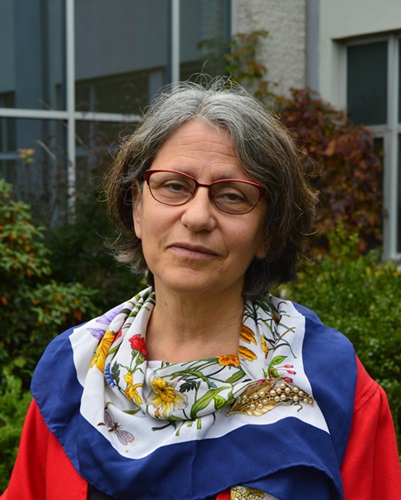Get help now
1.800.738.7328
Friday, April 21, 2017
The Brattleboro Retreat
8:30 AM - 4:00 PM

Lorranie Mangione, PhD
The loss of someone important in life can initiate a journey with many psychological ramifications, as can other kinds of profound losses. This workshop examines some current theories and research on grief and mourning, including attachment, psychoanalytic, and existential/social constructionist frameworks, and utilizes some of the author’s research on daughters grieving their dads as well as clinical experience, to encourage helping professionals to develop their own clinical approach to working with clients’ grief and loss. Dr. Mangione will explore ideas about continuing verses relinquishing bonds with the deceased, constructing an individualized path through grief, the role of meaning-making in loss, and the role of culture and religion/spirituality in mediating grief and mourning. Creativity in the arts or in everyday life, and its possible uses in healing, will be discussed. Dr. Mangione will examine some specialized forms of grief, and how one might work with clients who experience them, such as disenfranchised grief, complicated grief, and traumatic losses.
An important aspect of this program will be the encouragement of attendees to develop their own narrative and approach to loss and grief. Thus attendees will be asked to reflect on their life experiences, both personally and professionally, with grief and loss, and what assumptions, expectations, hopes and beliefs they bring to this important work. Throughout the day, they will be asked to consider if and how the material presented and discussed fits with their work with clients, and what new directions they might be considering. This will be done through individual written exercises or sharing with partners or in small groups,or a combination of both writing and sharing.
Learning Objectives:
At the end of this conference, participants will be able to:
Lorraine Mangione, PhD, teaches doctoral students in the Department of Clinical Psychology at Antioch University New England. Her interests include group therapy, psychodynamic and relational theory, clinical training and supervision, loss and grief, existentialism, women’s lifespan development and aging She publishes on loss and mourning, including father/daughter relationships, culture, creativity, and religion and spirituality.
© 2014 Brattleboro Retreat | Privacy Policy | Disclaimer | Sitemap | Hospital Report Card | Directions | FAQs | Contact